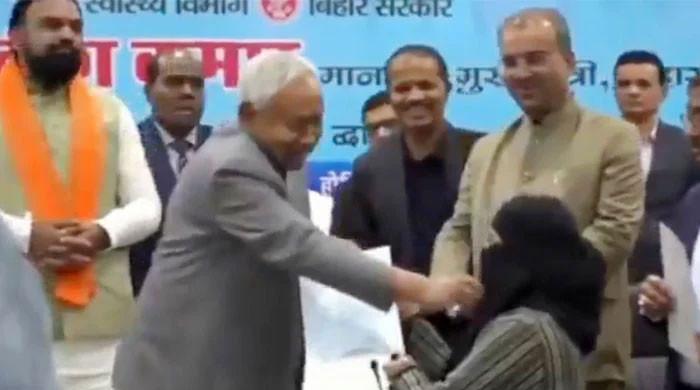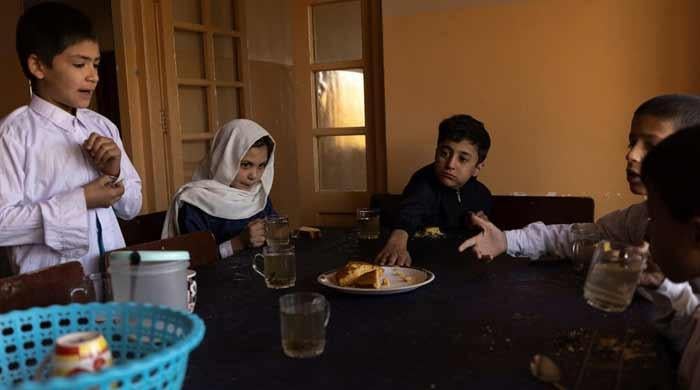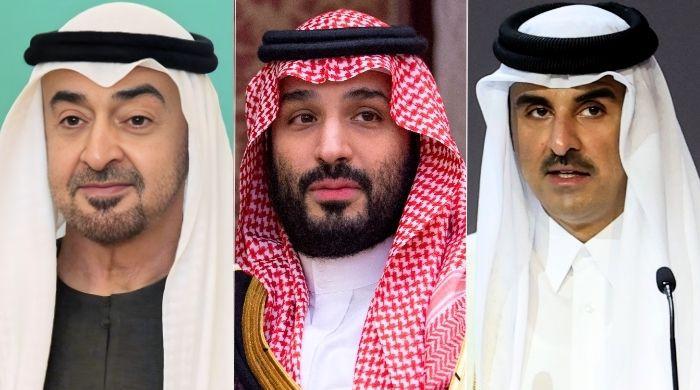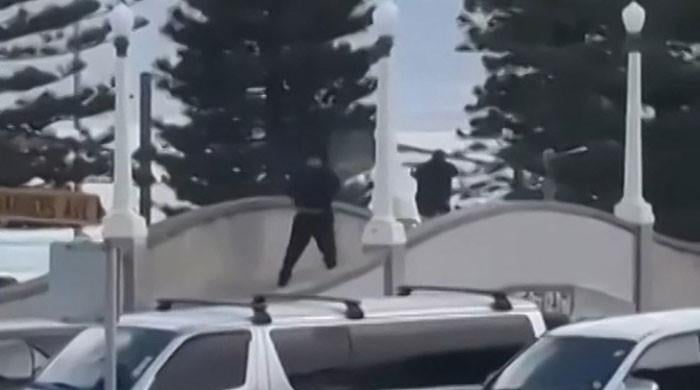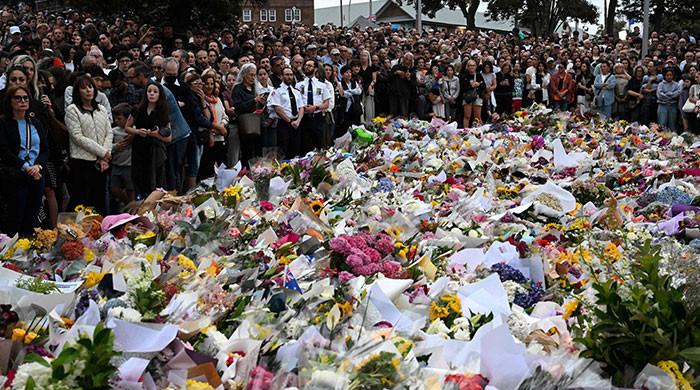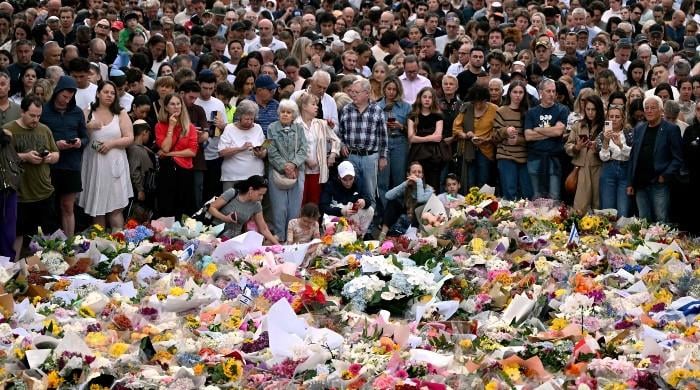Slovenia: A model for Catalonia?
European Union member Slovenia has been suggested as a possible model for Catalonia's efforts to split from Spain
October 12, 2017
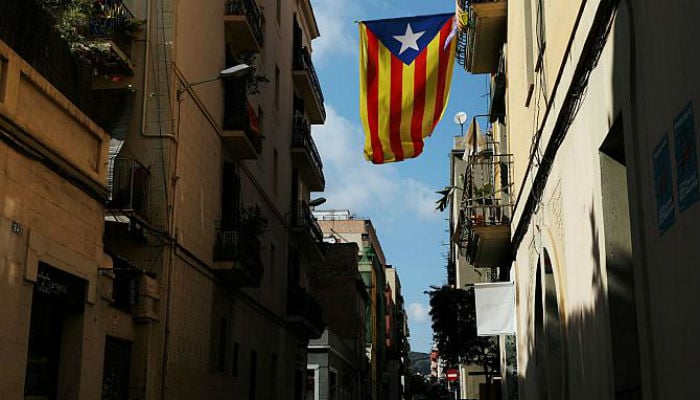
Ljubljana: European Union member Slovenia has been suggested as a possible model for Catalonia's efforts to split from Spain, having emerged as an independent nation in 1991 in the bloody break-up of Yugoslavia.
Large sections of Slovenia´s media and public opinion have backed Catalonia breaking away. "Many Slovenian hearts beat for the Catalan people," says President Borut Pahor.
What happened
Slovenia held a referendum in December 1990 after Belgrade refused more autonomy. The vote, which Yugoslavia did not try to prevent, saw 88.2 percent choose independence. Turnout was 95 percent.
Fresh talks between Slovenia and Belgrade failed and after Slovenia´s parliament laid the groundwork for breaking away, it declared independence on June 25, 1991 -- the same day as neighbouring Croatia.
Yugoslavia´s army mobilised and 62 people were killed in 10 days of violence. EU-sponsored mediation secured on July 7 a truce, a military withdrawal and an agreement to halt independence efforts for three months.
Afterwards, Slovenia introduced its own currency and adopted a national constitution in December. Beset by multiple crises, Belgrade acquiesced. International recognition gradually followed.
Slovenia joined the European Union in 2004.
Stars aligned
According to Dimitrij Rupel, independent Slovenia´s first foreign minister, the country in southern Europe bordering Austria, Italy and others seized "a very suitable moment".
"We gained independence in the middle of the European ´spring storm´ or, if you like, in the middle of the Yugoslav or Soviet crises at the end of the Cold War," Rupel told AFP.
Slovenia, like Catalonia, had a strong economy, but had a greater degree of autonomy with its own ministries except for defence and interior affairs.
Lessons for Catalonia
Slovenia, Rupel said, took things slowly: "We had a plebiscite that nobody tried to prevent, we carried it out in a peaceful manner, then waited six months before declaring independence."
"All together, nine months passed from the plebiscite until the end of the crisis. The process of international recognition extended then until the spring of 1992," he said.
But more important was EU mediation and the three-month transition period. For Spain and Catalonia, such a period could allow "all hostilities and threats to be suspended to allow talks", he said.
"The EU should set the framework for such a dialogue and then we could help with our experiences and sympathies," he added.
Slovenian support
Officially, Slovenia´s government has called for a peaceful solution to the Catalan crisis, saying it is an internal issue. But some leading politicians have made it clear where their sympathies lie.
"As president I have to be aware that my position could be seen as an intrusion into domestic affairs of other states," Pahor said, insisting he backed Ljubljana´s official stance.
"But it´s also right to say we Slovenians are aware that we reached independence through self-determination and that other peoples have that right too."
Independent Slovenia´s first prime minister Lojze Peterle has underlined that the circumstances in Yugoslavia then and Spain now are different.
"We wanted to get rid of a non-democratic regime while Catalonians live in a democratic Spain," Peterle said last week.
He also noted that although the Catalan government said 90 percent of voters backed independence in its October 1 referendum, turnout was below 50 percent. The vote was also not recognised by Madrid.




